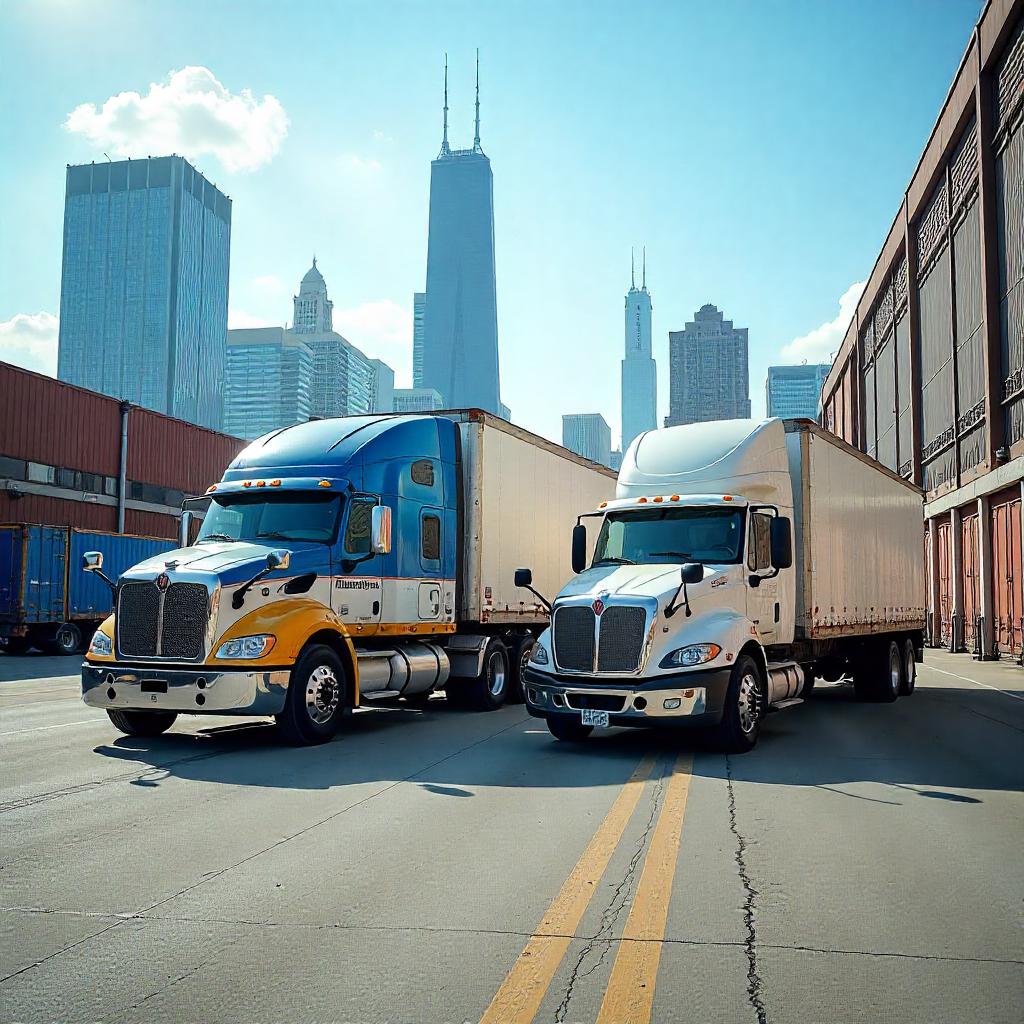When it comes to freight shipping in the USA, one of the first decisions businesses face is whether to use LTL (Less-Than-Truckload) or FTL (Full Truckload) services.
Choosing the right method is not just about cost — it also affects speed, cargo safety, flexibility, and how your shipments fit into your overall supply chain strategy.
This guide breaks down both options to help you find the best fit for your business in 2025.
What is LTL Freight Shipping?
LTL (Less-Than-Truckload) shipping means your cargo shares space with shipments from other businesses. Instead of paying for an entire truck, you only pay for the space you use.
Best for:
- Small to medium-sized shipments
- Flexible delivery windows
- Businesses shipping multiple small loads regularly
Advantages:
- Lower cost for smaller shipments
- More sustainable (fewer trucks on the road)
- Broad availability across U.S. regions
Disadvantages:
- Longer transit times due to multiple stops
- Higher risk of minor handling damage
What is FTL Freight Shipping?
FTL (Full Truckload) shipping means your shipment occupies the entire truck — whether it fills the truck or not.
Best for:
- Large shipments or heavy cargo
- Time-sensitive deliveries
- High-value or fragile goods
Advantages:
- Faster delivery with fewer stops
- Lower damage risk
- Cost-effective for large loads
Disadvantages:
- Higher upfront cost
- Requires sufficient cargo to justify full truck use
How to Choose Between LTL and FTL
Use this simple comparison:
| Your Situation | Best Option |
|---|---|
| Small shipment (less than 6 pallets) | LTL |
| Urgent delivery | FTL |
| High-value or fragile goods | FTL |
| Need the lowest possible cost | LTL |
| 12+ pallets or over 10,000 pounds | FTL |
| Multiple small shipments weekly | LTL |
Many companies successfully use a hybrid approach, depending on the size, urgency, and destination of each shipment.
Simplify Freight Booking with GetTransport.com
Finding and booking the right freight service is faster and easier with GetTransport.com.
Through the platform, businesses can:
- Instantly find available LTL and FTL options based on shipment size and destination
- Compare prices and estimated delivery times
- Communicate directly with carriers to finalize shipment details
- Manage multiple freight shipments through a centralized dashboard
This approach saves time, reduces administrative overhead, and improves logistics flexibility.
Final Thoughts
In 2025, freight shipping success depends on choosing the right shipping model for each specific need.
LTL freight helps businesses control costs for small shipments, while FTL freight provides speed and security for larger, critical deliveries.
By understanding both options and using tools like GetTransport.com, companies can build more resilient, cost-effective, and scalable supply chains.


